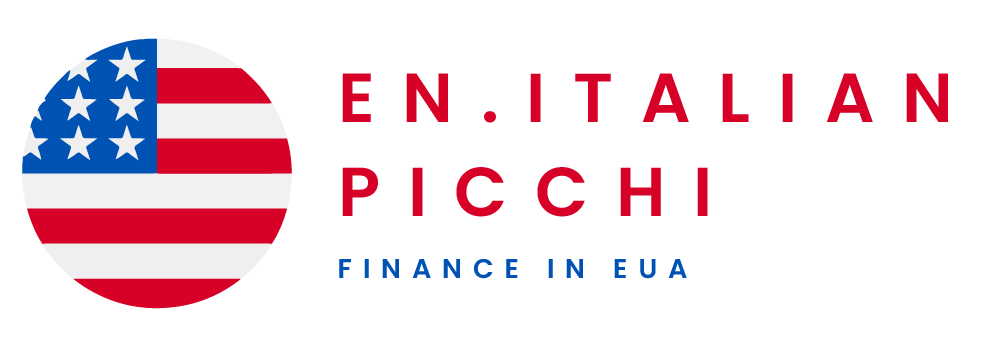In today’s fast-paced digital landscape, understanding and implementing effective policies is crucial for businesses and organizations. Policies not only guide daily operations but also ensure compliance and foster a culture of transparency and accountability. As industries evolve, staying informed about the latest policy developments becomes imperative for maintaining a competitive edge.
Navigating the complex world of policies can be daunting, but it is essential for achieving long-term success. From data protection to workplace ethics, the right policies help mitigate risks and promote sustainable growth. As more companies embrace digital transformation, crafting and enforcing well-defined policies becomes increasingly important.
This post delves into the significance of policies and their impact on modern enterprises. We will explore best practices for developing robust policies that align with organizational goals. Whether you’re a seasoned professional or new to the concept, understanding policies is key to driving efficiency and compliance in your operations.
Understanding Policy Frameworks
Effective policy frameworks serve as the backbone of any successful organization. These frameworks provide the structure within which policies are developed and implemented. They help in outlining the objectives, scope, and roles involved in policy enforcement. Without a clear framework, policies may lack direction and consistency.
A well-designed policy framework begins with identifying the organization’s core goals and values. It ensures that all policies are aligned with these guiding principles. This alignment helps in maintaining organizational integrity while addressing the specific needs of various stakeholders. As a result, policies are not just rules but integral components of strategic planning.
The framework also serves as a monitoring tool, allowing for regular evaluations and updates of policies. This ensures that policies remain relevant in the face of changing industry dynamics. Continuous assessment helps organizations adapt to new challenges and opportunities, ensuring sustainable growth and compliance.
Implementing Data Protection Policies
With the increasing reliance on digital systems, data protection has become a top priority for organizations. Effective data protection policies safeguard sensitive information from unauthorized access and breaches. These policies outline procedures for data collection, storage, and sharing, ensuring compliance with legal standards.
Implementing strong data protection measures involves training employees on best practices regarding data handling. Employees play a critical role in maintaining data integrity, making training programs essential for sustaining effective policies. Understanding the significance of data protection helps organizations build trust with their clients and partners.
Moreover, data protection policies should be reviewed and updated regularly. As cyber threats evolve, keeping these policies current is vital for defending against potential breaches. Regular audits and assessments allow organizations to identify vulnerabilities and enhance their data security measures proactively.
Workplace Ethics and Compliance
Workplace ethics policies are designed to cultivate a professional and respectful environment. These policies guide employee behavior, ensuring accountability and integrity in daily operations. By clearly defining acceptable conduct, organizations can foster a culture of mutual respect and cooperation.
Ethical policies also play an essential role in compliance with legal regulations. They help prevent incidents of discrimination, harassment, and other unethical practices within the workplace. Such policies are often accompanied by training programs to ensure that employees understand their rights and responsibilities.
The enforcement of workplace ethics policies requires a robust reporting system for ethical concerns. This includes developing channels through which employees can safely report violations without fear of retaliation. An effective reporting system is crucial for identifying and addressing issues promptly, maintaining ethical standards.
The Role of Technology in Policy Management
Technology plays an increasingly vital role in the development and management of organizational policies. Digital tools streamline the creation, distribution, and enforcement of policies, making management processes more efficient. This technological integration aids in maintaining consistency and ensuring compliance across various departments.
One significant advantage of using technology in policy management is automation. Automated systems can track policy compliance, send reminders for policy reviews, and manage training schedules. This reduces the administrative burden on management and allows for more strategic focus on policy development.
Additionally, technology facilitates better communication of policies across global teams. Cloud-based platforms enable organizations to disseminate policies quickly and access them from anywhere. This availability ensures all employees are informed and compliant, regardless of their geographical location, enhancing overall organizational cohesion.
Overcoming Challenges in Policy Development
Developing effective policies is not without its challenges. Organizations often grapple with balancing the need for comprehensive policies with the risk of creating overly complex or restrictive guidelines. Finding the right balance is key to achieving both compliance and operational efficiency.
Involving key stakeholders in the policy development process is crucial for overcoming these challenges. Engaging employees, management, and external partners ensures diverse perspectives are considered, resulting in more inclusive and effective policies. This collaborative approach enhances policy acceptance and adherence throughout the organization.
Finally, adaptability is essential for successful policy development. As industries and regulations evolve, so too must organizational policies. Flexibility in policy design allows organizations to respond swiftly to changes, ensuring that their policies remain effective and relevant over time.
In conclusion, the significance of policies in modern organizations cannot be understated. They provide a framework for operation, mitigate risks, and promote sustainable growth. By understanding and implementing well-defined policies, organizations can ensure compliance and maintain a competitive edge in the ever-evolving digital landscape.




